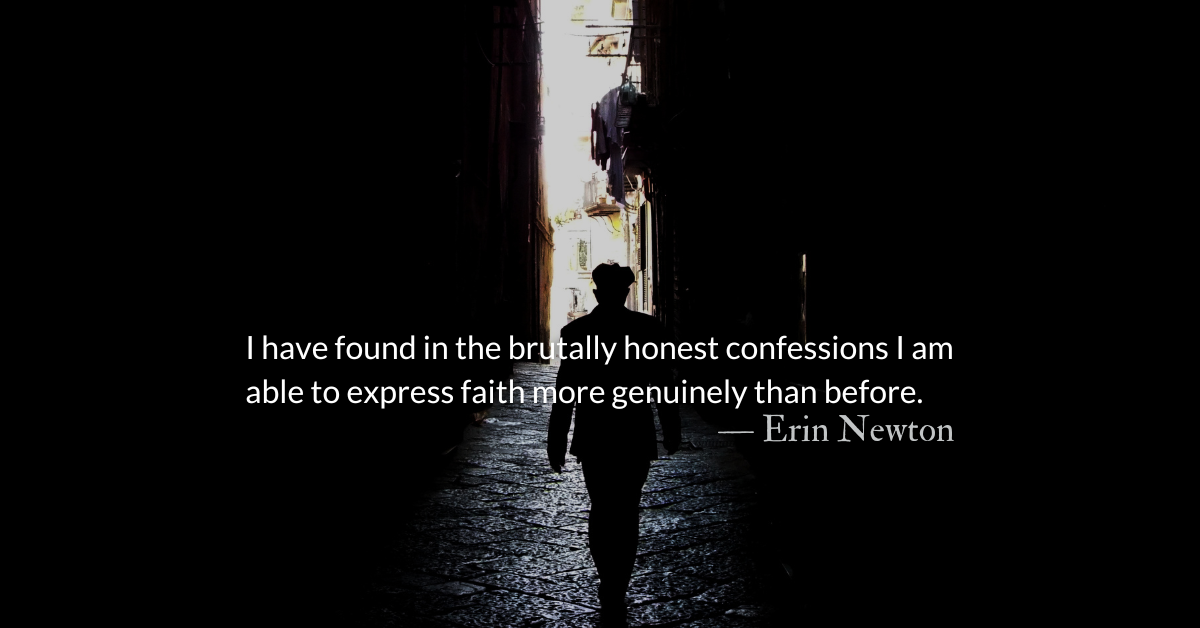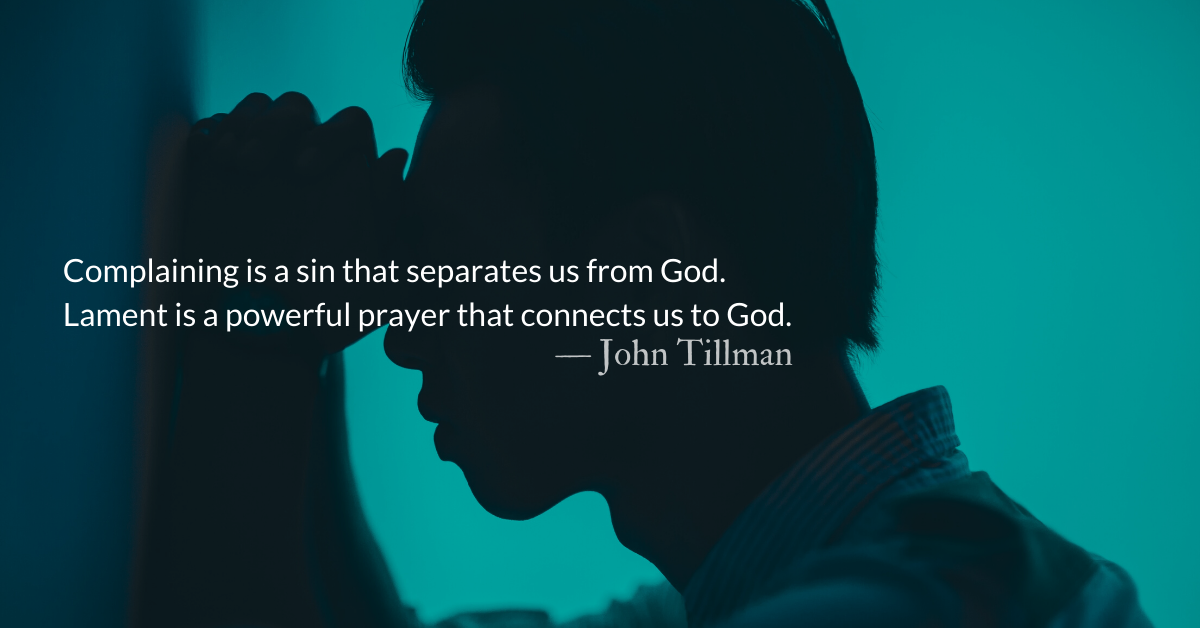Scripture Focus: Job 3:1
1 After this, Job opened his mouth and cursed the day of his birth.
Reflection: When Pain Outweighs Piety
By Erin Newton
Sometimes we believe that suffering in silence is holy. To accept all that God allows without complaint is to be righteous. We have been encouraged to know that to live is Christ and die is gain (Phil 1.21).
When chapter 3 begins and Job curses the day of his birth, you can hear an audible gasp. Michael Brown points out, “Although Job’s agony has been exquisite, he has been the perfect model of godly restraint.” You expect the most righteous man of his day to be willing to accept the events of his life. His silence, even his rebuke of his wife, is testimony to his faith. But pain has a way of breaking barriers of restraint.
Reading the book of Job is a lesson in reading with patience. Has Job renounced his faith in God? Are his words a sin? Can complaints be a violation of our trust in the Lord?
The new year has unfolded before us—a day often marked with hope, optimism, and lofty dreams. But that is not always the case. When the year 2023 began, I sat in the darkness of my soul, knowing that the year would not be one of hope. The anticipation of grief clouded my mind. I looked toward the future and wished, much like Job, that I could have avoided this part of life. Despite all the good things I know God gives to us, I wanted nothing of it.
Had I renounced my faith in God? Were my pleas, “God, I did not want this life,” an act of disloyalty to our Lord?
Having walked in this darkness for some time now, I can tell you with clarity of spirit—no, I never once let go of my faith in God. I have found in the brutally honest confessions I am able to express faith more genuinely than before.
And so it is with Job. For a week, Job sat in the silence of his pain. When he spoke, he did not mask his heartache with toxic positivity. He was honest, and in his honesty, we find hope.
Some tragedies are too costly for words. Some pains too inexpressible to capture. (Some moments too sacred for social media.)
And some pains need the overflow of bitter, harsh, pointed, and honest words. God is a better friend than Job’s friends. He listens to the depths and hears our pleas.
Divine Hours Prayer: The Request for Presence
Save me, O God, by your name; in your might, defend my cause.
Hear my prayer, O God; give ear to the words of my mouth. — Psalm 54.1-2
Read more about New Days Begin in the Dark
Job’s despair led to a desire for deconstruction, uncreation, death. It’s a common thought process.
Read The Bible With Us
The new year provides a fresh start for spiritual disciplines. Join us in reading the Bible with us at a sustainable, two-year pace.









